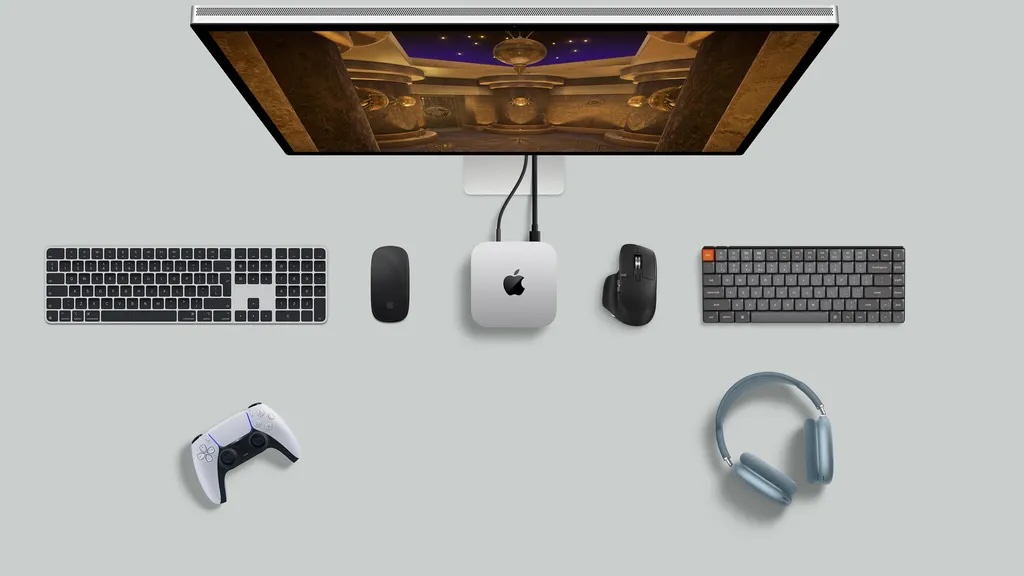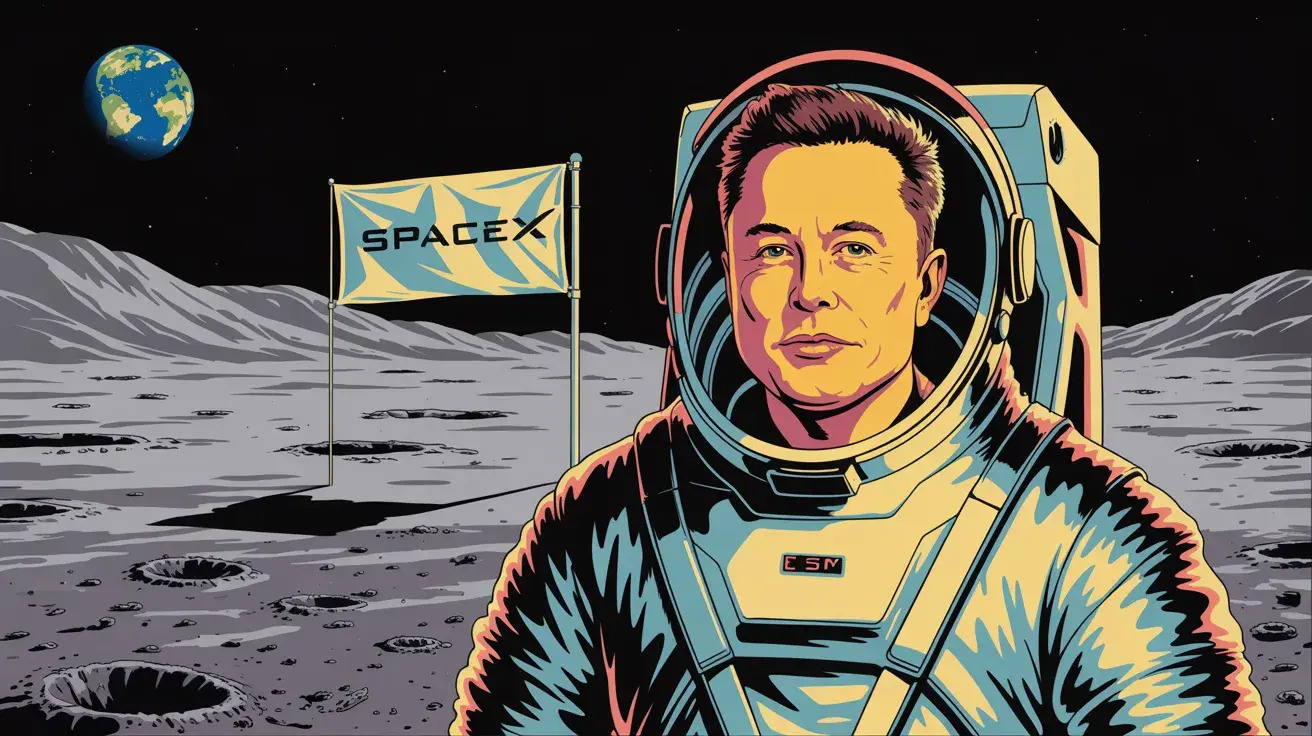Klarna gets $14B reality check
PLUS: U.S. taxpayers are now Intel shareholders
Read Online | Sign Up | Advertise
Good morning, tech enthusiasts. Once the poster child of the buy-now-pay-later craze, Klarna is reviving its long-delayed U.S. IPO plans — this time with a humbler price tag of $14B, a far cry from its $50B peak.
The Swedish giant is betting that its AI makeover can reignite investor enthusiasm. But with neobanks feeling the squeeze, can clever algorithms turn hype into cash?
In today’s tech rundown:
Klarna’s $14B IPO reset
Intel’s $9B Trump deal comes with caveats
Solar panels in space for net-zero
Tesla could’ve dodged a $242M Autopilot bullet
Quick hits on other tech news
LATEST DEVELOPMENTS
KLARNA
🤑 Klarna’s $14B IPO reset
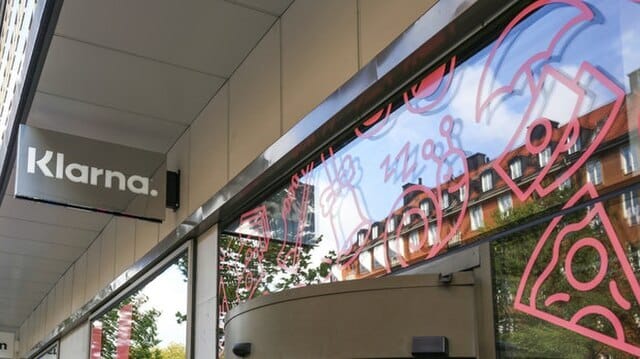
Image source: Klarna AB/Wikimedia Commons
The Rundown: Swedish fintech giant Klarna is set to revive its long-stalled plan to go public in the U.S. next month, eyeing a valuation between $13B and $14B — far below the $50B it once commanded during the peak of the buy-now-pay-later boom.
The details:
Klarna’s core “buy now, pay later” (BNPL) service now boasts over 111M global users and 790K merchants, along with major new U.S. retail partnerships.
The renewed IPO bid comes after a tumultuous spring, when Klarna delayed its U.S. stock market debut in reaction to Trump’s sweeping tariffs.
The company is looking to move from BNPL into full neobanking, launching a debit card for U.S. consumers and receiving a UK e-money license.
AI-driven credit is central to Klarna’s pitch to investors, with CEO Sebastian Siemiatkowski saying automation is key to scaling profitably in the U.S.
Why it matters: After U.S.-based Chime’s $1B IPO in June, Klarna is chasing its own Wall Street debut at $34–$36 a share. The listing will test whether investors still believe in the neobank story, and whether an AI-fueled makeover can turn the fading BNPL hype into sustainable growth in a tariff-heavy market.
TOGETHER WITH SANA
💡Sana’s most powerful AI upgrade yet
The Rundown: Sana Agents just got a major boost with GPT-5, now capable of instantly automating complex workflows like syncing Salesforce, updating docs, and sending follow-ups — all in one command. Launch no-code AI agents in minutes to adapt reports on the fly and connect to your entire tool stack.
What you can do now:
Powerful multi-step workflow automation with AI agents
Generate dynamic, context-aware outputs like docs, presentations, apps, and more
Connect 100+ enterprise-grade integrations, including Slack, Teams, and your CRM
Drive enterprise-wide innovation today with Sana Agents.
INTEL
🤝 Intel’s $9B Trump deal comes with caveats
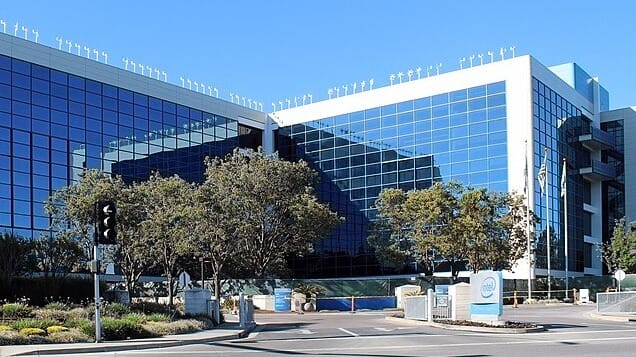
Image source: Coolcaesar/Wikimedia Commons
The Rundown: The U.S. just dropped an $8.9B bombshell on Silicon Valley, converting unused CHIPS Act funds into a 10% stake in Intel — a strategic bet on the U.S.’s top chipmaker. But Intel worries it’s not all fun and games.
The details:
The deal, funded by unallocated CHIPS Act grants, gives Washington passive ownership, with no board representation or direct management rights.
Intel’s management framed the move as a strategic boost for the U.S. semiconductor industry, aimed at strengthening domestic manufacturing.
Yet, Intel’s latest SEC filings warn this alliance could spark volatility, with 76% of Intel’s 2024 revenue coming from foreign markets.
Why it matters: Trump hints ‘many more’ deals could follow in other key tech sectors. Supporters hail it as a bold move toward U.S. tech independence, while critics warn it risks a slippery new precedent for government meddling in private industry.
SPACE TECH
☀️ Solar panels in space for net-zero

Image source: King’s College London
The Rundown: Europe’s quest for net-zero just got an orbital upgrade: a landmark study finds that adopting NASA-designed space-based solar panels could slash the continent’s need for land-based renewables by 80% by 2050.
The details:
The system relies on NASA’s heliostat design, which uses orbital mirror-like reflectors to collect sunlight and beam it wirelessly to ground stations.
King’s College London found that the tech could decrease overall European power system costs by 15%, equating to annual savings of nearly €36B.
Battery storage needs would fall by two-thirds, since space-based panels provide near-constant power and buffer the grid against clouds or nighttime.
Why it matters: This study is the first to show that space-based solar — if launch and transmission tech keeps getting cheaper — could provide stable, 24/7 clean power for Europe. While the U.S. slashes clean energy, Europe may nudge the tech from sci-fi to grid disruptor, but plenty of hurdles lie ahead, from regulatory red tape to space junk.
TESLA
⚖️ Tesla could’ve dodged a $242M Autopilot bullet
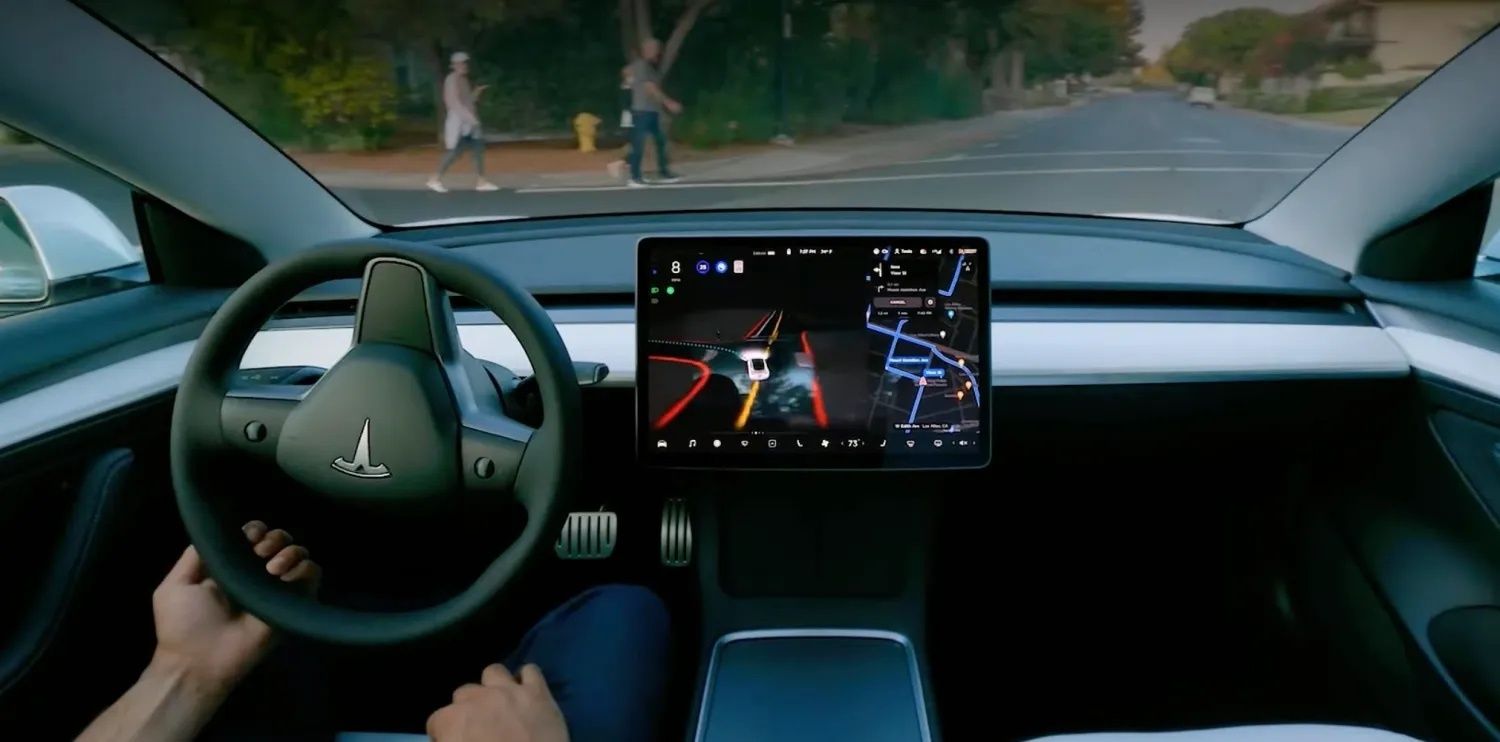
Image source: Tesla
The Rundown: Tesla’s Autopilot woes just got pricier: the EV maker reportedly turned down a $60M settlement over a 2019 fatal crash, only to be hit with a $242.5M jury award.
The details:
Reuters reports that a federal jury in Miami found Tesla partly responsible for a fatal crash involving its Autopilot system, awarding it $242.5M in damages.
Court filings reveal Tesla could have settled the case in May for $60M, but rejected the offer.
The case stemmed from a Tesla Model S running a red light with Autopilot engaged, colliding with a Chevrolet Tahoe and killing one passenger.
Why it matters: The case highlights Tesla’s promotion of Autopilot as nearly autonomous, despite its Level 2 system requiring constant driver attention. With similar lawsuits mounting nationwide, analysts warn that Tesla’s reliance on the Autopilot dream may need a serious rethink.
QUICK HITS
📰 Everything else in tech today
Apple filed a lawsuit against a former Apple Watch team member, accusing him of sharing trade secrets with Chinese tech giant Oppo.
Morgan Stanley analysts predict that AI will touch 90% of U.S. jobs and unlock nearly $1 trillion a year in corporate savings.
The Ouro Reactor successfully converted biogas from a California dairy farm directly into syngas, a jet fuel precursor, using a low-cost electric device.
YouTube and Fox are locked in a contract dispute that threatens to block subscribers from streaming major NFL and college football games this season.
Trump confirmed that he may again extend the deadline for ByteDance to sell TikTok’s U.S. assets days after the administration launched its own TikTok account.
CU Boulder researchers created ‘cyborg’ jellyfish that can be steered with tiny microelectronics to gather deep-ocean data in hard-to-reach places.
Archer Aviation’s Midnight eVTOL just completed a record 55-mile, 31-minute piloted flight, reaching speeds of 126 mph.
A German court ordered Apple to stop advertising its smartwatches as ‘carbon neutral,’ ruling the claims are greenwashing.
Trump appointed Airbnb co-founder Joe Gebbia as the first U.S. chief design officer to lead the redesign of 26K outdated federal websites.
COMMUNITY
🎓 Highlights: News, Guides & Events
Read our last AI newsletter: Perplexity’s $42.5M publisher peace offering
Read our last Tech newsletter: Musk brings Zuck into OpenAI drama
Read our last Robotics newsletter: Drones that fly like birds of prey
Today’s AI tool guide: Learn effectively with ChatGPT’s new mode
SVP to our next workshop @ 4 PM EST Friday: Essential ChatGPT Tips
See you soon,
Rowan, Jennifer, and Joey—The Rundown’s editorial team
Stay Ahead on AI.
Join 2,000,000+ readers getting bite-size AI news updates straight to their inbox every morning with The Rundown AI newsletter. It's 100% free.



